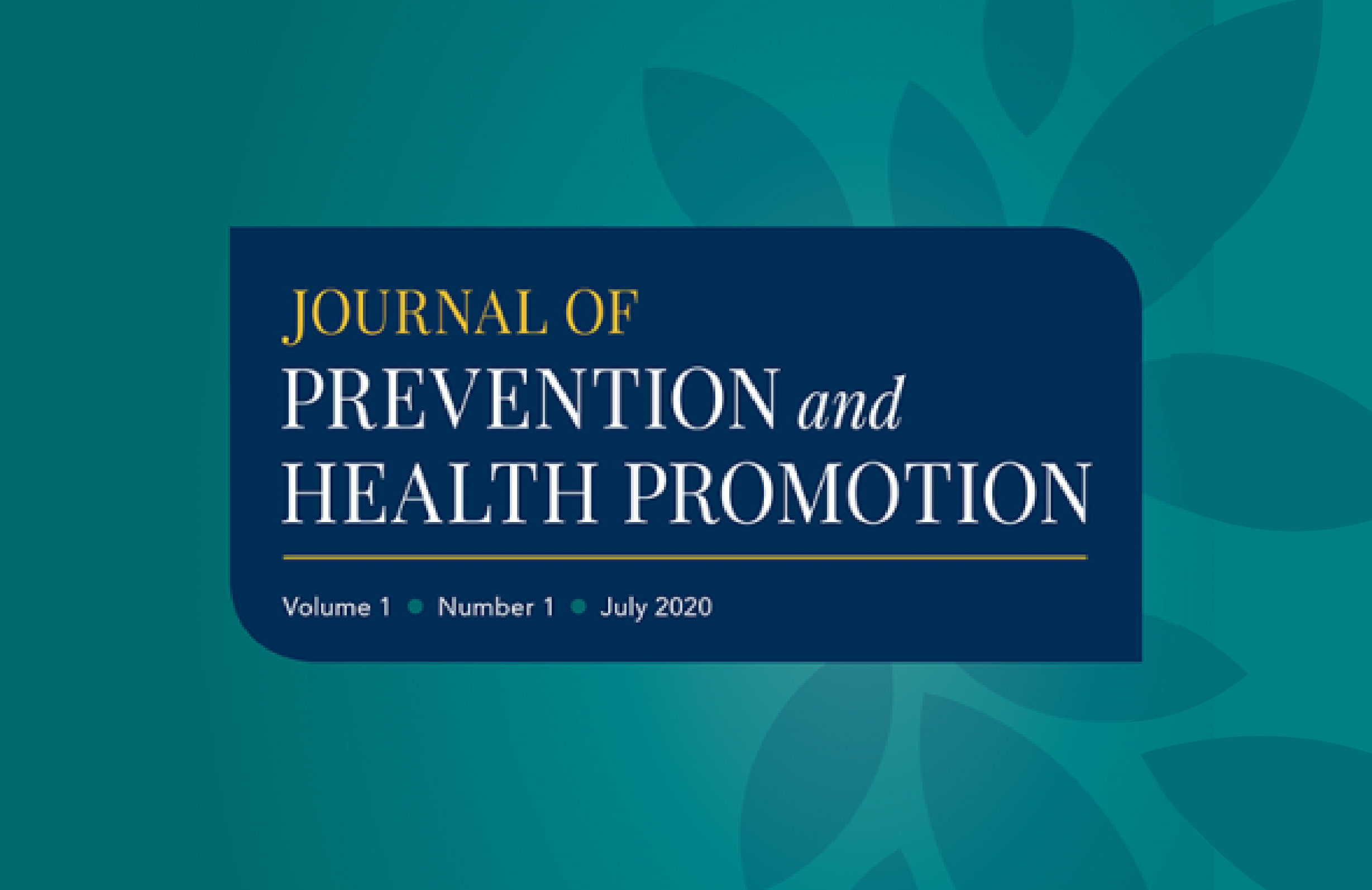May 22, 2024 | 12-1pm PTThird Space Toolkit: Building Space for Telehealth in Libraries and the Community Register for this session here! Presented by: Rachael Masaitis, Idaho DHW, and Mitch Doig & Erinn McGraw, Northwest ATTC Telehealth has become more common in the healthcare world, but not everyone has access to the technology needed to […]
Published: 05/11/2024
Join the Northwest ATTC and the Evergreen Council on Problem Gambling (ECPG) for our upcoming summer webinar series on problem gambling! This unique virtual series will feature three 3-hour sessions, May 23, June 6, and July 11th, each exploring a different topic related to gambling and gaming. 3 CE credits are available for each session […]
Published: 05/11/2024

Rimrock Foundation, Montana’s oldest nonprofit addiction treatment center, was featured in a CNN news article about the implementation of contingency management. Contingency management uses positive reinforcement as a behavioral treatment for stimulant addiction. People are rewarded with small-value gift cards or vouchers for submitting urine drug tests negative for stimulants. Decades of research show that […]
Published: 05/06/2024

Dr. Ryan Flinn, Co-Director of the SAMHSA-funded Mountain Plains Addiction Technology Transfer Center, is serving as guest co-editor of a special issue of the Journal of Prevention and Health Promotion entitled “Harm Reduction Strategies to Address Substance Misuse and the Associated Challenges.” Proposals for articles are due July 31, 2024. The Journal of Prevention and […]
Published: 05/02/2024

This Learning Community is an intensive, collaborative, interactive professional learning opportunity focused on the integration of hepatitis C (HCV) services into office-based opioid treatment (OBOTs) and Opioid Treatment Programs (OTPs). It is based on the Addiction Technology Transfer Center (ATTC) Network’s Your Guide to Integrating HCV Services into Opioid Treatment Programs. HCV services include prevention education, screening, antibody […]
Published: 04/26/2024
Treatment for alcohol use varies based on a person’s needs. But there are many choices today that make recovery possible. Visit samhsa.gov/find-help if you or someone you know is looking for help for alcohol use or misuse.
Published: 04/25/2024
April is Alcohol Awareness Month, an opportunity to update your knowledge about alcohol use disorder (AUD) and the adverse impact of alcohol misuse on health and society. According to the National Institute on Alcohol Abuse and Alcoholism (NIAAA), researchers estimate that each year there are more than 178,000 alcohol-related deaths, making alcohol a leading preventable […]
Published: 04/15/2024
The New England School of Addiction and Prevention Studies, commonly called Summer School, is an intensive 4-day learning experience to further knowledge, skills, and experience in the field of substance use disorder services. For over 55 years, participants from many disciplines have come together to form a unique, diverse learning community.This year will be our […]
Published: 04/12/2024
On May 13th - 15th the Substance Abuse and Mental Health Services Administration (SAMHSA) and the Technology Transfer Centers Program are hosting a training event where participants will learn more about innovative approaches to supporting better outcomes for those who provide care as well as those seeking and receiving behavioral health care in communities of color in New England. […]
Published: 04/12/2024
By: Mark Sanders, LCSW, CADC As it pertains to substance use, in recent decades the U.S. government, media, law enforcement, substance use disorders (SUDs) treatment community, and the general public have primarily focused on impacts of cocaine, methamphetamines, prescription drug misuse, and opioid use disorder. Discussions of alcohol use disorders have gone the way of […]
Published: 04/11/2024
APRIL 9th and 10th at the Sheraton Harborside Hotel in Portsmouth, NH The 2024 SOS Recovery, Inclusion, Community and Harm Reduction (RICH) conference will attract up to 275 leaders and advocates within the prevention, treatment, recovery, and harm reduction communities across New England as well as health care providers, clinical staff, licensed professionals, mental health […]
Published: 04/04/2024
A Community Approach to Xylazine and Other Novel Psychoactive Substances: An ORN Regional Summit was held on March 1, 2024, in Martinsburg, West Virginia. Opioid Response Network (ORN) hosted a pivotal community event aimed at tackling the rising issue of xylazine and other novel psychoactive substances. The ORN collaborated with several esteemed partners including the West […]
Published: 04/02/2024
The Utah State Legislature passed Senate Bill 26, the Behavioral Health Workforce Amendments bill, on February 28. Among other things, the bill creates the Masters in Addiction Counseling license making Utah the 32nd state to create such a license. The Association Utah of Substance Abuse Professionals (AUSAP) board worked on this initiative for two years […]
Published: 04/01/2024
What is the Invitation to Change (ITC) Approach? The Invitation to Change model was developed by CMC: Foundation for Change and focuses on building communication skills, improving family relationships and self-care for families. Support groups can be facilitated by paid or volunteer community members, peer support specialists or clinicians. The Invitation to Change model and strategies are […]
Published: 03/29/2024
The Dialogue is a product of The Danya Institute and is designed to inform behavioral and mental health professionals of news and upcoming events in the HHS Region 3/Central East region. This electronic newsletter is disseminated bi-monthly on the first Tuesday. We welcome any feedback and encourage you to submit topics and ideas for future issues of […]
Published: 03/20/2024
The New England Addiction Technology Transfer Center (ATTC) is pleased to announce the 10th cohort of the Leadership Development Program (LDP) for addiction professionals from across the continuum of care. This program will help attendees to integrate effective leadership practices into their workflow using a range of learning methods including a learning community, intact small […]
Published: 03/20/2024
Participate in National Drug and Alcohol Facts Week® (NDAFW) and help share facts about drugs, alcohol, and addiction in your community. NDAFW is an annual health observance that inspires dialogue about the science of drug use and addiction among youth. NDAFW provides an opportunity to bring together scientists, students, educators, healthcare providers, and community partners […]
Published: 03/06/2024
This Black History Month, let's pause to recognize the remarkable achievements, unwavering strength, and outstanding triumphs of the Black community. It's also a time for us to recommit to cultivating an environment of inclusiveness, fairness, and opportunities for all. By recognizing and elevating diverse voices, we enrich our workplace and the vitality of our organizations, […]
Published: 02/22/2024
Please join us on March 27, 2024 (12-1pm PT) for our next webinar: How Humor Helps: Using Therapeutic Humor to Support Clients March 27, 2024 | 12-1pm PT | Register here Humor has long been recognized as a powerful tool in therapy, capable of breaking down barriers, fostering rapport, and promoting healing. This interactive session […]
Published: 02/16/2024
The U.S. Department of Health and Human Services, through its Office for Civil Rights (OCR) and the Substance Abuse and Mental Health Services Administration (SAMHSA), finalized modifications to the Confidentiality of Substance Use Disorder (SUD) Patient Records regulations at 42 CFR part 2 (“Part 2”), which protect the privacy of patients’ SUD treatment records. Specifically, […]
Published: 02/14/2024
The ATTC Network joins SAMHSA in recognizing February as Black History Month. Explore resources and events from the Network and through the month of February. The ATTC Network is continually adding to its library of resources and training materials for Black American and People of Color communities. Visit the Building Health Equity and Inclusion […]
Published: 02/07/2024
On Feb 1, 2024 the U.S. Department of Health and Human Services (HHS) marked two years of its Overdose Prevention Strategy (Strategy) by announcing bold new actions to combat overdoses. These actions include finalizing a rule that will dramatically expand access to life-saving medications for opioid use disorder, announcing that certain grant funds may now […]
Published: 02/07/2024
First Lady Betty Ford's 1978 public statement about her alcohol use disorder played a major role in destigmatizing substance use disorders. Residential treatment facilities expanded exponentially to treat substance use disorders. The next several decades after the First Lady's public testimony, the nation experienced a crack and heroin crisis in metropolitan communities and a […]
Published: 02/01/2024
The New England Addiction Technology Transfer Center (ATTC) is pleased to announce the 10th cohort of the Leadership Development Program (LDP) for addiction professionals from across the continuum of care. This program will help attendees to integrate effective leadership practices into their workflow using a range of learning methods including a learning community, intact small […]
Published: 01/24/2024


